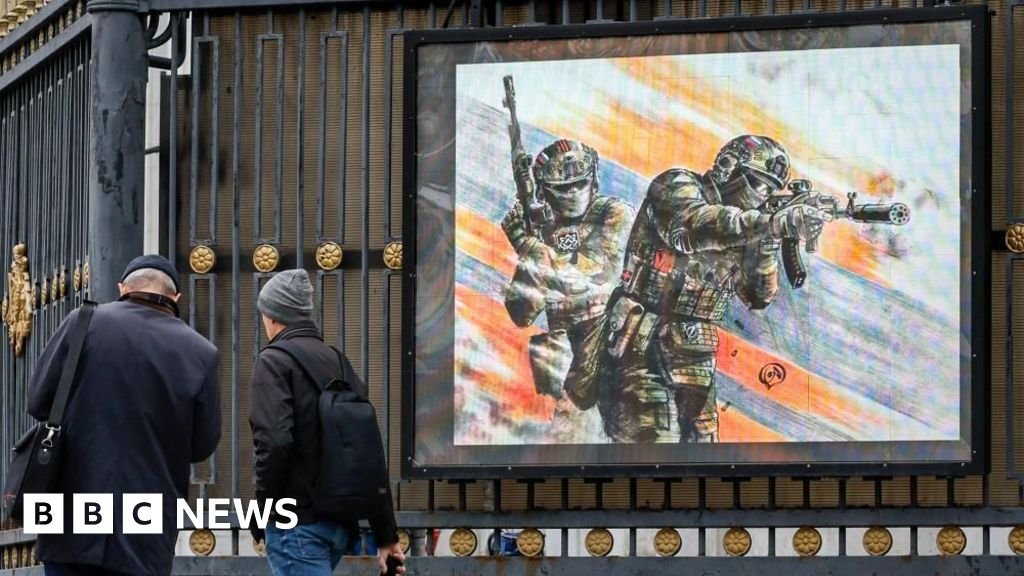It is not uncommon for released convicts to return from the war in Ukraine, commit a crime again, and then escape punishment a second time by returning to the front.
This drives some police officers to despair. “Four years ago, I imprisoned him for seven years,” police officer Ryhor told the Novaya Gazeta website.
“And here he is again in front of me and says: “You won’t do anything, officer. Now is our time, the time of those who shed blood in special operations.”
Russian courts have routinely used participation in the war against Ukraine as a reason for handing down lighter sentences.
But many cases do not even reach court. Moscow has introduced a new law against “discrediting the Russian armed forces,” which has made some victims of veteran crimes afraid to come forward.
Olga Romanova, the head of the non-governmental organization for the protection of the rights of prisoners “Russia behind bars”, says that the feeling of impunity contributes to the growth of crime.
“The main consequence is the gap between crime and punishment in the public mind. If you commit a crime, it is far from certain that you will be punished,” she tells the BBC.
In 2023, the number of serious crimes reported in Russia increased by almost 10%, and in the first half of this year, the number of military personnel convicted of crimes more than doubled compared to the same period a year earlier.
Sociologist Anna Kuleshova claims that violence is becoming more and more acceptable in Russian society, especially because now criminals can escape punishment by going to war.
“There is a tendency to legalize violence. It is likely that the idea will spread that violence is some kind of norm – violence at school, violence in the family, violence in relationships and as a way to resolve conflicts. We have a tendency to legalize violence,” he said. he
“This is facilitated by the militarization of society, the turn to conservatism and the romanticization of war. Brutal crimes committed inside the country are paid for by the violence of war.”
Igor Eidman, Olga Romanova and Anna Kuleshova spoke with the BBC from outside Russia.

